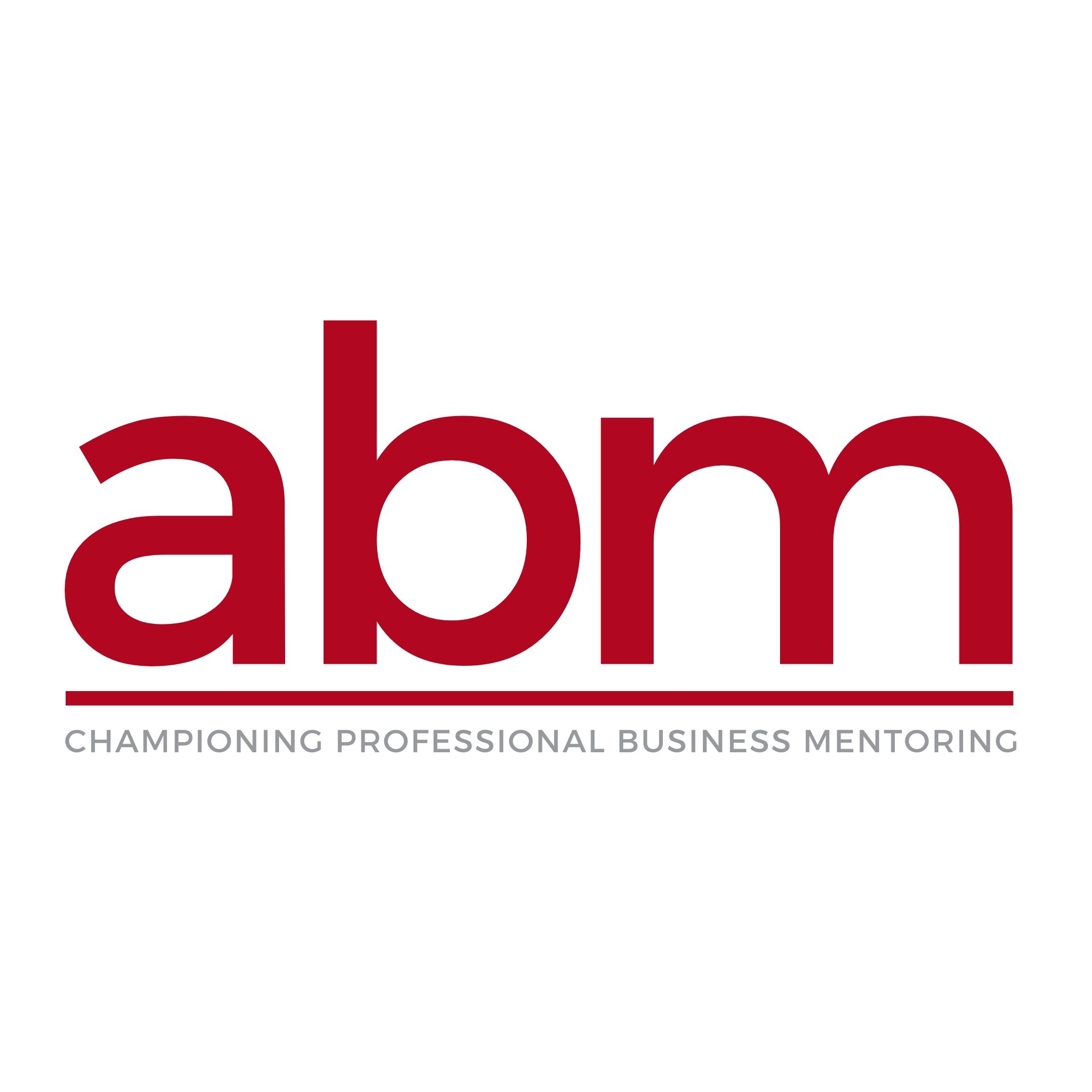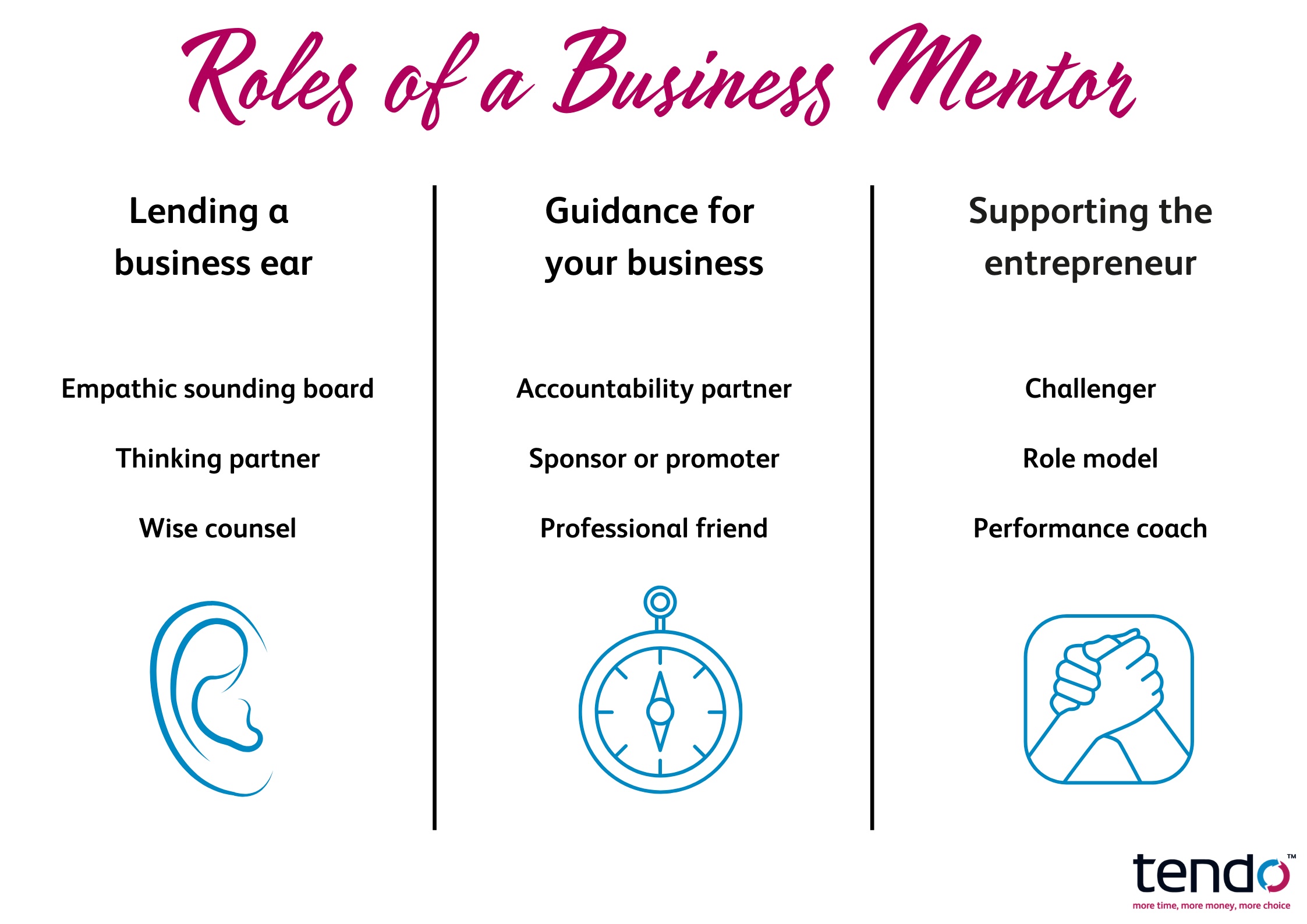Last week, I had the pleasure of attending the National Mentoring Matters Conference in Birmingham. An event hosted by Newable, Enterprise Nation and the Association of Business Mentors (the three delivery partners for the Government Help to Grow scheme) to reflect on and discuss the impact of mentoring on UK SMEs.
We had mentors, mentees and successful entrepreneurs sharing their experiences of the benefits of Mentoring as well as the Parliamentary Under Secretary of State at the Department for Business and Trade, Kevin Hollinrake talking about his business journey, his mentors and what the government are doing to support the 5.9 million SMEs in the UK.
It got me reflecting on the importance of Business Mentoring to me as a Business Mentor, to my clients and to the SME population in general, and more specifically about the roles of a Business Mentor.
Only 42% of small businesses get to the five year mark and ultimately, 95% of small businesses fail. Yes, you read that correctly.
Now, before I jump into this, it is important to distinguish the difference between a Business Coach and a Business Mentor, in my opinion.
Coaching is a questioning technique that assumes the client knows the answers and there is a blockage. It is a short term intervention to unblock the blockage and is not meant to provide any answers. Mentoring uses questioning to tease out what the client knows and then adds a layer of knowledge from the experience of having been in those shoes as a business owner. A good Mentor will ask the questions you dare not ask yourself. Because of this new knowledge, it tends to be a longer term intervention.
Roles of a Business Mentor – these can be split into three areas.
Lending a business ear:
Providing an empathetic sounding board for challenges, allowing for compassionate understanding and guidance
Serving as a thinking partner to brainstorm ideas, strategise solutions, and foster innovative thinking
Offering wise counsel drawn from experience and expertise to navigate complex decisions and challenges effectively
Guidance for your business:
Providing accountability and encouragement to stay focused, motivated, and on track towards achieving goals
Acting as a sponsor or promoter, leveraging networks and advocating for mentees to open doors and create opportunities for growth and advancement
Serving as a professional friend, offering support, advice, and camaraderie in navigating the challenges and triumphs of the business world
Supporting the entrepreneur:
Acting as a challenger, pushing mentees to explore new perspectives, question assumptions, and reach their full potential through constructive critique and encouragement
Serving as a role model, inspiring mentees with their actions, values, and success stories, guiding them towards their own professional growth and development
Providing performance coaching to help mentees enhance their skills, overcome obstacles, and achieve peak performance in their professional endeavours
Only 15% of the 5.9 million SMEs in the UK have or do access growth support from a professional expert with the benefits of doing so being compelling if you select the correct one.
For those with a Business Mentor, 70% get to the five year mark (versus 42% without).
Acknowledging that you need and would benefit from external help in the first place (don’t let pride get in the way), selecting the right expert and understanding what success looks like are key ingredients to getting an ROI. A great Business Mentor will offer all of the above and unlock the potential of you and your business.
As every year goes by, there are more and more small businesses becoming aware of the benefits of Business Mentoring and with the likes of the Association of Business Mentors, more and more experts offering professional business mentoring that delivers results.
At Tendo, we’re on a journey to help as many SMEs as possible and move the needle in terms of the heart breaking 95% that ultimately fail.
We will all be a statistic at the end of the day, but will it be a good or a bad one?
Choose wisely.



